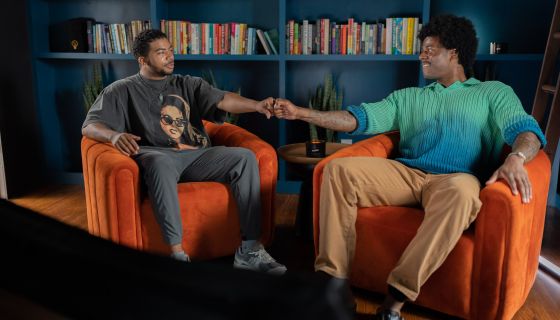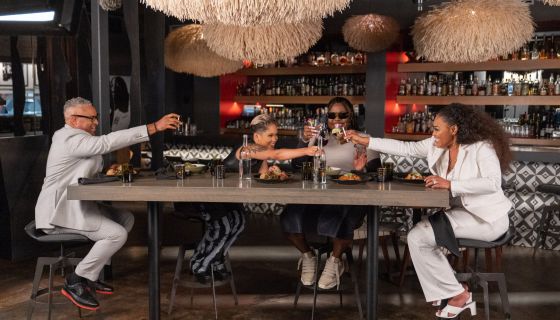National Disability Day or International Day of Disabled Persons, celebrated today, is about understanding and recognizing the everyday challenges for people with disabilities. Beyond acknowledgment, this day is also about action and awareness. People with disabilities are essential members of our communities, and we must work together to ensure everyone has equal access to work, health, and fun.
The most meaningful way to observe this day is to demonstrate advocacy. Becoming an advocate isn’t always easy, and it usually requires us to challenge ourselves in different ways. But when you think about how many people live with a disability, you realize that it influences all of us.
According to the Centers for Disease Control and Prevention (CDC), 61 million adults in the U.S. live with a disability. That’s one in four people. We have more opportunities than we realize to make a difference for people with disabilities in our daily lives. In honor of this day, here are some tips to become a better advocate.
1. Be aware of unconscious bias.
We all have implicit biases, which can affect how we see people of a different gender, race, or with a disability. This doesn’t make us bad people, but implicit biases can be harmful, and we have to address them. Americanbar.org is a resource that can help you identify your unconscious biases. Take the time to reflect on whether stereotypes have affected how you see people with disabilities. For instance, when you first meet a person with a disability, do you see the person’s disability before seeing the person? By asking ourselves questions like these, we can become more supportive of people who may be different from us.
2. Be inclusive in your language.
We know that words carry a lot of weight. When we talk or write about people with disabilities, we must use humanizing language. Doing so goes back to addressing personal biases and seeing people as people first.
We can be more inclusive with our language by being thoughtful. Instead of saying “disabled people” or “the disabled,” you could say “people with disabilities.” Instead of “special education student,” say “a student receiving special education services.” These references are called Person-First Language.
3. Be genuine and compassionate.
To be better advocates, we must be genuine about what we don’t know and what we want to learn. Be intentional about what you want to learn and achieve. Maybe you want to know more about how you can support an inclusive health program or promote change in your community. You may want to start with books such as Disability Visibility for first-person accounts of people living with a disability. Doing so can help you build your awareness and make you more compassionate.
It’s also crucial that we remember to be compassionate in everyday life. This means not rushing past someone who may have difficulty walking, possibly bumping into them. Furthermore, sometimes a person’s disability is invisible to us. Try not to get impatient when waiting in line behind someone who may struggle with getting money out of their bag. We don’t always know what a person is going through, but we can make small changes to be more supportive and helpful of the people we come across.
4. Be perceptive.
People with disabilities have to research and plan to make sure a place is accessible to them. Next time you’re out to pick up food or go to the store, survey how accommodating the venue is. Are there ramps in place that make the building more accessible? Are the pathways smooth? If not, you can write to or speak with the business manager about updating their accommodations. All businesses must comply with accessible design standards under the Americans with Disabilities Act.
5. Remember, advocacy is ongoing.
Take every day and experience as an opportunity to extend kindness and compassion. You can make a difference in someone’s life just by how you speak. Remember that being an advocate is an ongoing process. There’s always something new for us to learn and new means to get things right.
Leigh is a natural storyteller with a passion for arts and culture, travel, and digital technology. Her love of storytelling intensified throughout her college year at the University of Missouri, where she became involved in local social justice education organizations. Leigh has partnered with organizations in this space to create workshops on topics including diversity, inclusion, and body positivity. Currently, she is the digital content editor for the MotorBiscuit site.











